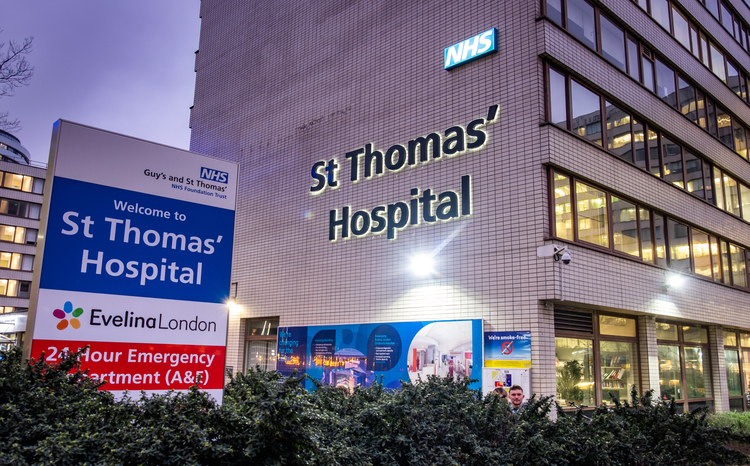Trust incident reports published
- 10 March 2009
The National Patient Safety Agency has started to publish patient safety incident reports from every NHS trust and local health board in England and Wales.
It says the reports will create greater transparency within the NHS by allowing managers and patients to see how many incidents occur over a six month period, what kind of incidents are being reported, and how serious they are.
No detail on individual incidents is being included. However, the reports suggest that patient accidents are still at the root of most incidents, followed by treatments and procedures and medications.
Document and patient identity issues appear to be the cause of between 5% and 7% of the incidents reported by trusts.
The NPSA began recording patient safety reports in 2003 through its reporting and learning database. Since then, it has encouraged all healthcare staff to report any incidents to help the NHS establish where and why things go wrong and how to prevent them.
Martin Fletcher, chief executive at NPSA said: “If we don’t know where the problems are, then we can’t fix them. That is why we are so pleased that more and more staff are reporting concerns.”
Dr William Moyes, executive chair of foundation trust regulator Monitor said: “Monitor welcomes the increased transparency that the publication of trust-level data on incident reporting will offer.
“For the first time, boards of trusts will be able to examine closely the level and patterns of reporting in their own hospitals and how this compares with other hospitals.”
At the moment, however, the data does not allow for clear comparisons to be made between trusts as there are different levels of incident reporting at different hospitals.
An NPSA spokesperson said trusts must be encouraged to report more incidents in order for the information to be more valuable.
Link:NPSA




